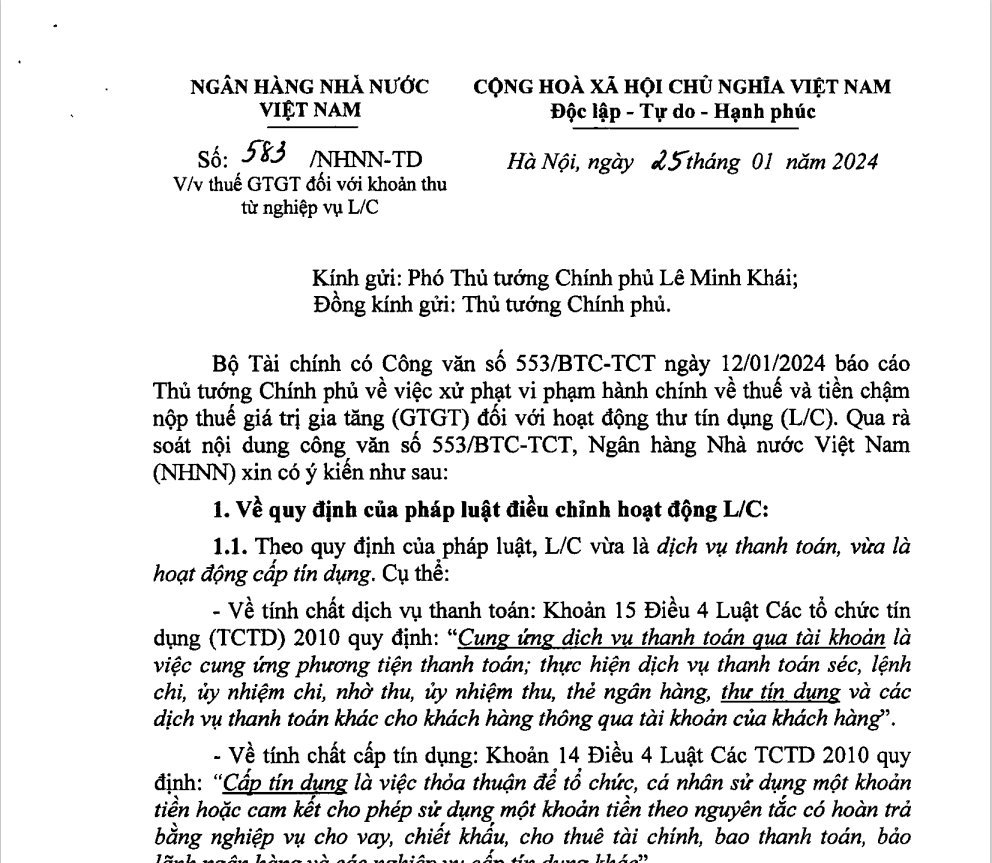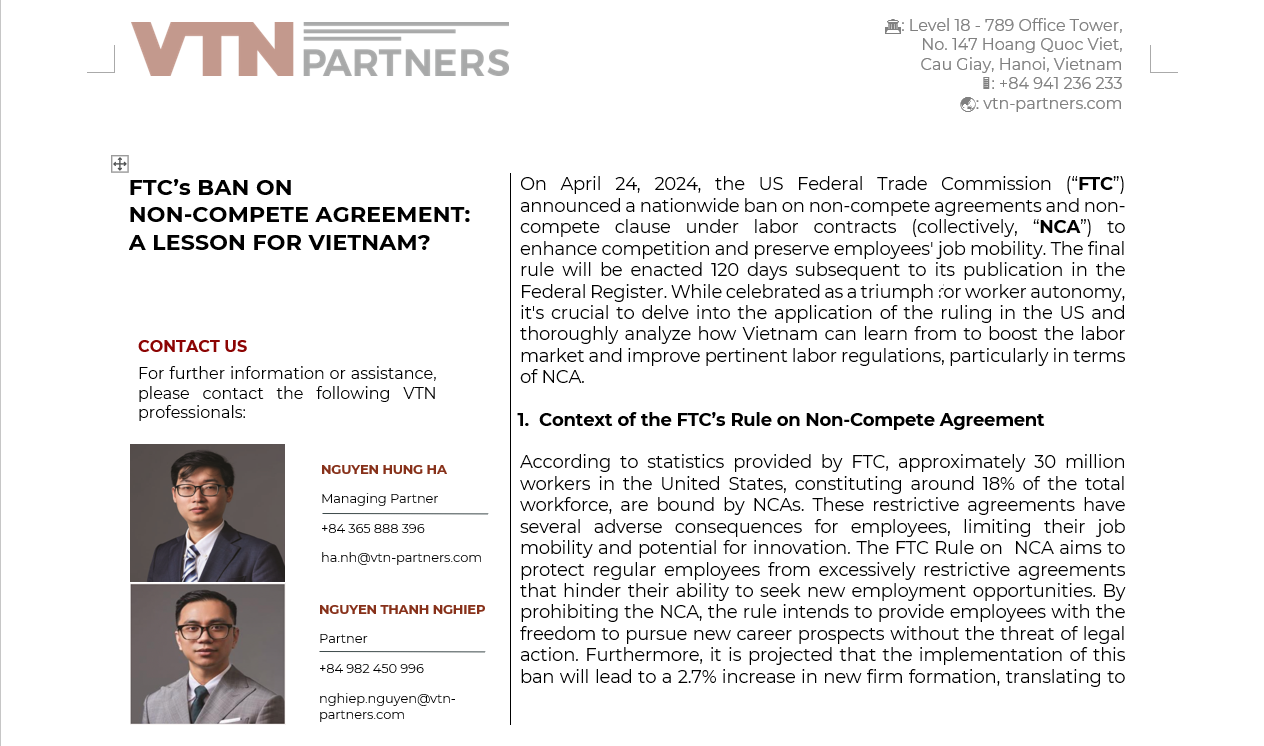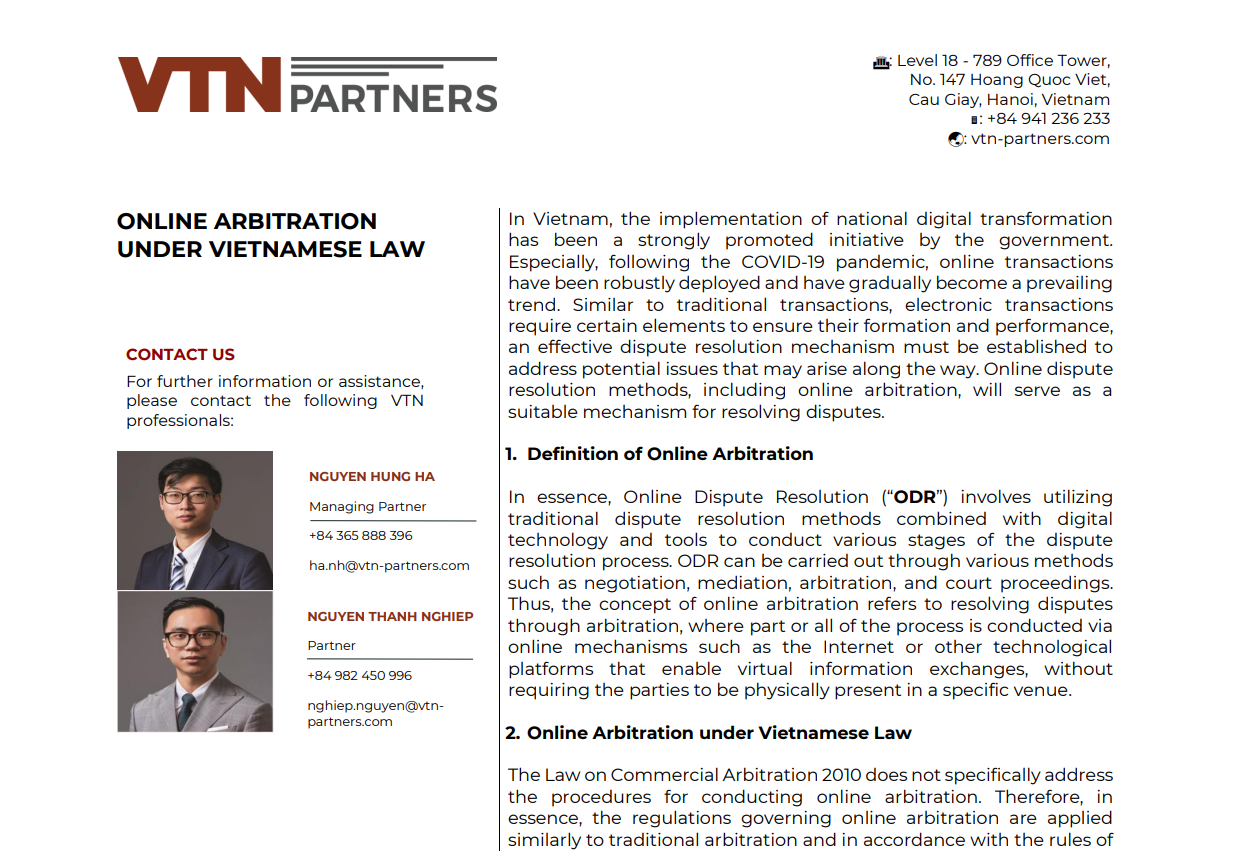COMPULSORY DELISTING OF SHARES
Due to Covid 19 pandemic, geopolitical unease, and economic stagnancy, numerous Vietnamese companies are struggling to survive in accumulated losses. Suffering mounting losses, certain publicly traded companies are now on the verge of being delisted, even some big boys in the stock market. This writing will discuss some points in relation to compulsory delisting and its repercussions.
Regulations on the delisting of shares
Apart from mounting losses, please refer below to the events in which a listed company may be delisted.
- The listed company is delisted according to SSC’s notification;
- The listed company suspends or is suspended from its main business operations for at least 01 years;
- The listed company has its Certificate of Enterprise Registration or operation license revoked;
- The listed company’s shares are not traded on the Stock Exchange for 12 months;
- Shares are not put into trading within 90 days from the day on which the listing is approved by the Stock Exchange;
- The listed company incurs losses in 03 consecutive years or the total accumulated deficit exceeds the charter capital contributed in reality or has a negative owner’s equity in the latest audited annual financial statements;
- The listed company ceases to exist due to re-organization, dissolution, or bankruptcy;
- The audit organization refuses to audit or has adverse opinions or refuses to render opinions about the latest annual financial statements of the listed company or has qualified opinions about the annual financial statements of 03 consecutive years;
- The listed company submits its annual financial statements behind schedules for 3 consecutive years;
- SSC, the Stock Exchange discovers that the listed organization uses fraudulent documents in the application for listing;
- The listed organization commits the relevant violations specified by the Law on Securities;
- The listed organization is suspended or banned from operating in its main business lines;
- The conditions for listing after the merger, partial division, or restructuring are not fully satisfied; the organization does not apply for listing or continued listing after the merger, partial division, or restructuring within the required period;
- The listed organization fails to fulfill its obligation to disclose information and fails to fulfill its financial obligations to the Stock Exchange and other cases in which compulsory delisting is deemed necessary by the Stock Exchange or SSC in order to protect the interests of investors.
Repercussions
Shares of the company delisted but still satisfy the conditions applicable to a public company, public company must register for trading on the Upcom trading system. Once delisted mandatorily, shares of that company will be deemed as junk stocks.
The elimination of such so-called junk stocks is inevitable, but who will suffer the most from the delisting?
Those are serious shareholders and public investors. Though shareholders will still hold their ownership of the stocks, most of the stocks before delisting will fall into a state of steep decline in market price, the price is often much below the par value, the liquidity is meager, and many stocks have zero trading volume.
There are even cases where the decision to delist is just a way for a large group of shareholders to have the opportunity to achieve their own goals. When no longer listed, businesses neglect to disclose information, stock prices, and liquidity decline, and minor shareholders may be forced to sell shares and that is when large shareholders buy cheaply.
Not only that but there are also many cases where the stocks before the time of delisting do increase in price because there are rumors about new investors who will be restructured and acquired by large companies and causing investors to rush to collect stocks with the fear of missing out and then stay in penitence. This can also be the last trick of the listing game builder before delisting the business.
In the current context, when the Vietnamese stock market is in need of greater transparency, the amount of inside information leaked to the market is relatively large. Such information may make the market highly volatile and create favorable conditions for only a small number of investors. In the meantime, minor investors are oblivious to such information and will be the “moths”.







